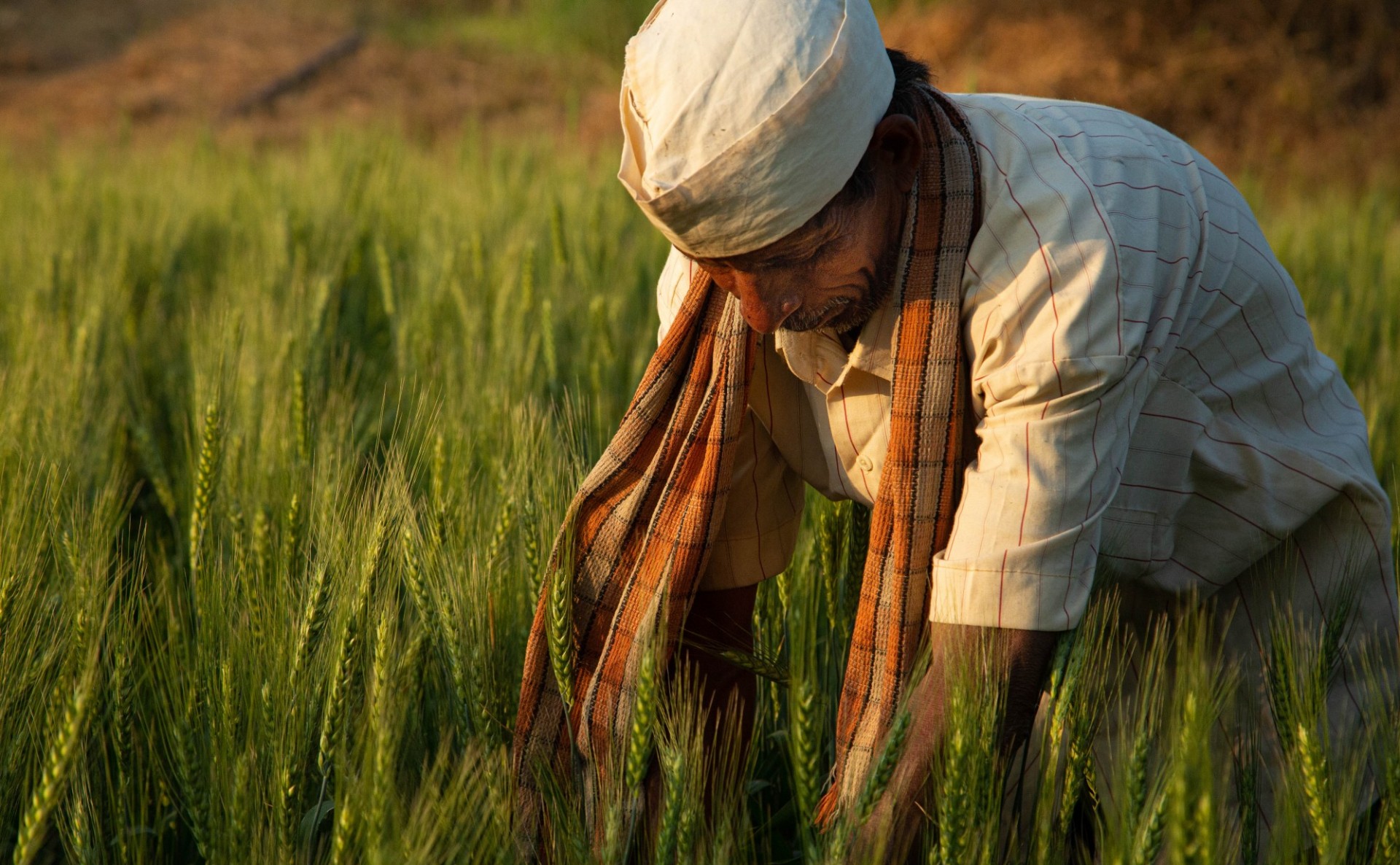Photo credit Jacquelyn Turner (IRI/CCAFS)
Food for Humanity Initiative
New From F4Hi
May 18, 2022
Congratulations to Cynthia Rosenzweig, Network member, on winning the 2022 World Food Prize.
Climatologist and agronomist Cynthia Rosenzweig has been named the 2022 World Food Prize Laureate for her pioneering work in modeling the impact of climate change on food production worldwide.

